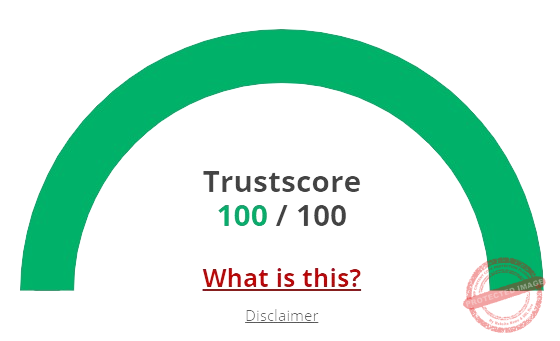.
1M+
.
.
.
- Home
- APPS
- Jobs & Docs
- Jobs
- Topics
- General Biology
- Immunology
- Topics/Contents
- Major Histocompatibility Complex Structure, Function & Ligands
- MHC Assembly and Trafficking
- Antigen cross-presentation
- Intracellular Events in Antigen Processing
- Antigen Presenting Cells
- Structure/Function Studies of Antigen Processing and Presentation
- Immunopathogenic Mechanisms/Immunogenetics of Autoimmunity
- Tolerance and Autoimmunity
- Inflammation
- Chemokines and Chemoattractants
- Adhesion Molecules in Cellular Migration, Inflammation and Disease
- Leukocyte Recruitment
- Tips/Tutorials
- How to Write a Curriculum Vitae (CV) for PhD Scholarship-sample
- How to write a motivation letter for PhD Scholarship-sample
- How to Write a Resume for PhD Scholarship-sample
- How to write statement of purpose for PhD scholarship
- Cover Letter for Job NEW
- Teaching Statement Sample
- Sample Recommendation Letter for Postdoc Position [NEW]
- Hope Certificate Sample 2024
- Sample Reference or Recommendation Letter New 2024
- Sample Quality Cover Letter for Job 2024
- Cover Letter for Job New 2024
- Motivation Letter Sample 2024
- Sample Letter of Consent 2024
- Sample Letters/CV/Resume
- Journal Citation Report (JCR) 2025 & Quartile List
- Working Sci-hub Links NEW Updated
- Med. Dictionary
- Lab Recipes
- Protocols
- About
More
Wednesday, February 11, 2026
1M+ Views
...
...
...
- Home
- APPS
- Jobs & Docs
- Jobs
- Topics
- General Biology
- Immunology
- Topics/Contents
- Major Histocompatibility Complex Structure, Function & Ligands
- MHC Assembly and Trafficking
- Antigen cross-presentation
- Intracellular Events in Antigen Processing
- Antigen Presenting Cells
- Structure/Function Studies of Antigen Processing and Presentation
- Immunopathogenic Mechanisms/Immunogenetics of Autoimmunity
- Tolerance and Autoimmunity
- Inflammation
- Chemokines and Chemoattractants
- Adhesion Molecules in Cellular Migration, Inflammation and Disease
- Leukocyte Recruitment
- Tips/Tutorials
- How to Write a Curriculum Vitae (CV) for PhD Scholarship-sample
- How to write a motivation letter for PhD Scholarship-sample
- How to Write a Resume for PhD Scholarship-sample
- How to write statement of purpose for PhD scholarship
- Cover Letter for Job NEW
- Teaching Statement Sample
- Sample Recommendation Letter for Postdoc Position [NEW]
- Hope Certificate Sample 2024
- Sample Reference or Recommendation Letter New 2024
- Sample Quality Cover Letter for Job 2024
- Cover Letter for Job New 2024
- Motivation Letter Sample 2024
- Sample Letter of Consent 2024
- Sample Letters/CV/Resume
- Journal Citation Report (JCR) 2025 & Quartile List
- Working Sci-hub Links NEW Updated
- Med. Dictionary
- Lab Recipes
- Protocols
- About
More
Latest Jobs/Scholarships
Contact
Reach us via Email
If you have any queries, feedback, comment, or want to discuss or suggest anything, you may write to us at info@abdullahfarhan.com
Address:
10900 Euclid Avenue, Cleveland, OH 44106
Trust Score
About
Welcome to AbdullahFarhan.com. This site has assisted countless students and academics for years by offering the latest Job, career, and scholarship listings, as well as free software exclusively for educational purposes. Please read the Disclaimer.
Site Views
..
Copyright
© 2018-2026, All Rights Reserved. Powered By AbdullahFarhan.com


 Serving
Serving 